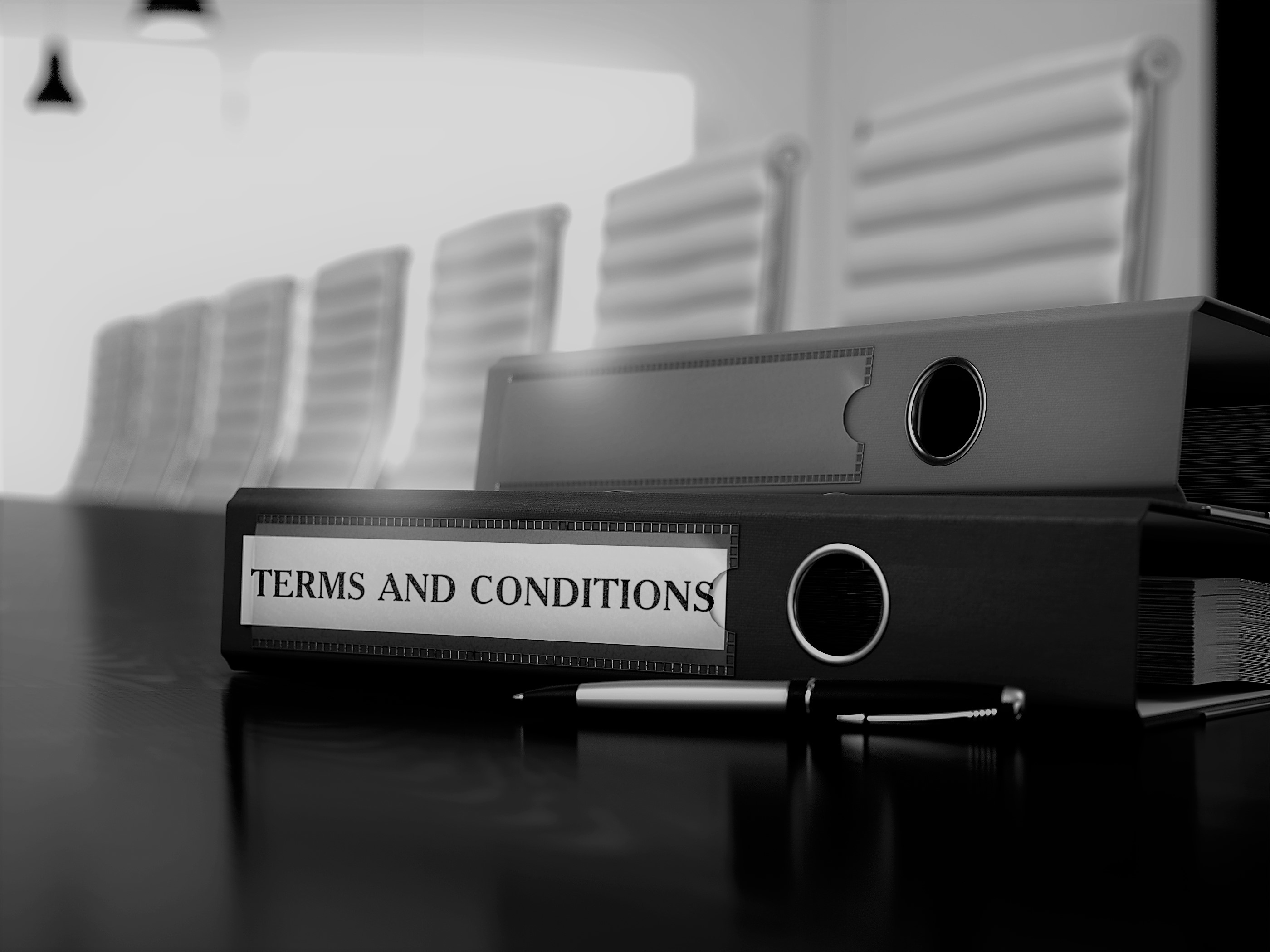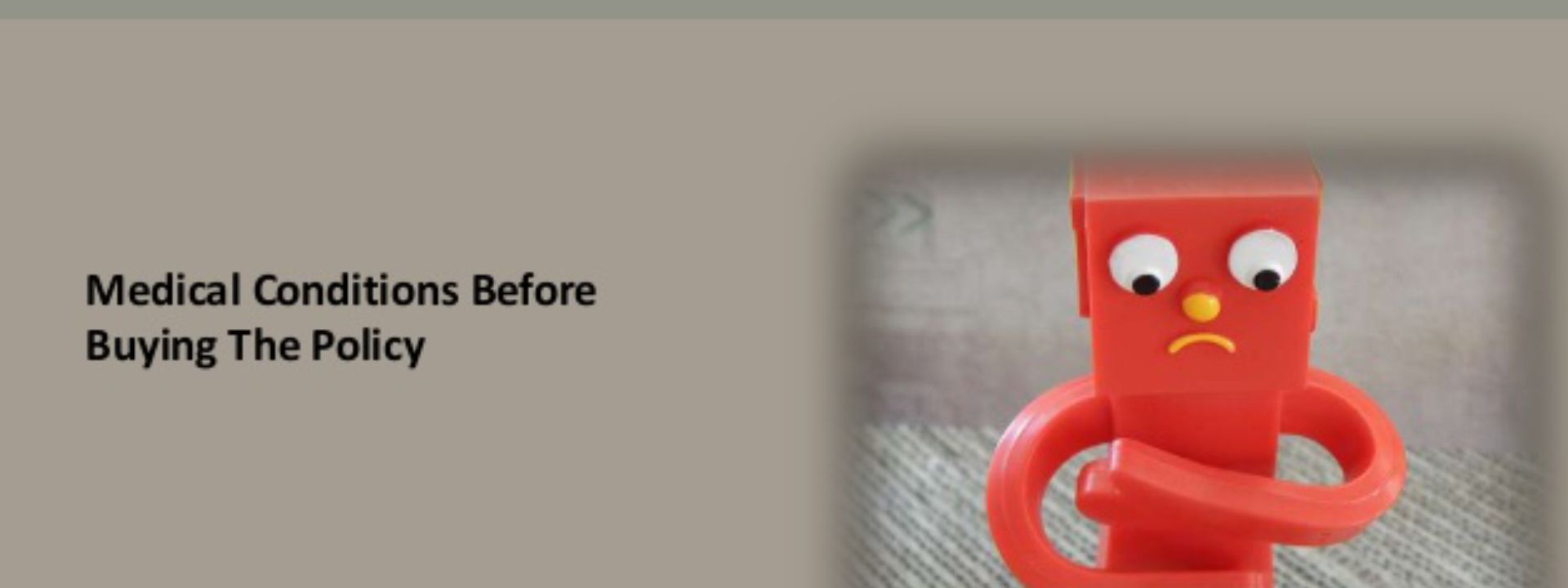Health Disease
Your body is the most priceless possession. After all, you have to dwell in it! So take care of it with a right Health Insurance Plan.
What is Stomach Cancer?
Stomach cancer usually initiated in the cells that produce mucus that form the lining of the stomach. This type of cancer is known as adenocarcinoma. This type of cancer is usually difficult to diagnose since not many people start showing the stomach cancer symptoms in the earlier stages. Though stomach cancer is comparatively rare than the other types of cancer, the difficult and the most dangerous part of this type of cancer is its diagnosis. As mentioned earlier, the stomach cancer diagnosis is difficult and hence the chances of it spreading in the other parts of the body is higher. This is one of the reasons why stomach cancer treatment seems difficult.
Causes of Stomach Cancer
Stomach is that part of the body that is responsible for digestion of food and then further moving the nutrients to the small and the large intestines. Stomach cancer happens when healthy cells within the upper digestive system start becoming cancerous and then they grow out of control, which forms a tumor. This process may occur gradually, however stomach cancer starts developing over many years.
Types of Stomach Cancer
Mentioned below are the types of stomach cancer.
- Adenocarcinoma
Typically, around 90% to 95% stomach cancers are adenocarcinomas. These types of cancers usually are developed because of the cells that forming the innermost lining of the stomach which is the mucosa.
- Lymphoma
Lymphoma are the types of cancers that are found in the stomach wall and are therefore cancers of the tissue of the immune system. The treatment as well as outlook usually depends on the type of lymphoma.
- Gastrointestinal stromal tumor (GIST)
These are rare types of tumors that begin in very early forms of cells in the stomach’s wall and are known as interstitial cells of Cajal. Few of these tumors are non-cancerous (benign) while the others are cancerous.
- Carcinoid tumor
Carcinoid tumors begin in the hormone-making cells of the stomach and mostly these tumors do not spread to other organs of the body.
- Other cancers
Squamous cell carcinoma, small cell carcimoa as well as leiomyosarcoma are some other types of cancer that can begin to form in the stomach, however these cancers are very rare.
Treatment
What should you do to prevent Stomach cancer?
Stomach cancer prevention doesn’t seem to be possible, since experts do not exactly know the reason behind it to occur as well as there are no vaccinations that may be useful for its prevention.
But, you may certainly take steps for reducing the risk to develop stomach cancer. These are:
- Reducing intake of salty and smoked food
- Quitting smoking
- Eating plenty of fruits and vegetables
- Speaking to your doctor for periodic screening.
What are the available Stomach cancer treatment options?
Your Stomach cancer treatment options will vary depending on the stage of your cancer, your preferences as well as your overall health.
- Surgery
In this type of stomach cancer treatment, high-powered energy beams like X-rays and protons are used to kill cancer cells. This energy beams come from a machine moving around you as you lie on a table.
Radiation therapy is usually used prior to a surgery in gastroesophageal junction cancer, and in cancer of the stomach body. This process is done for shrinking a tumor for it to be removed easily. At times, in order to kill the cancer cells around your stomach or esophagus, radiation therapy may be used post a surgery.
Radiation therapy to your stomach may lead to indigestion, diarrhea, nausea and vomiting. Radiation therapy to your esophagus may result in severe pain on swallowing as well as difficulty swallowing. In order to rule out this side effect, you may be advised to have a feeding tube that would be placed in your stomach via a small incision in your abdomen till the time your esophagus doesn’t heal.
- Chemotherapy
Chemotherapy is a cancer treatment wherein chemicals are used to kill cancer cells. Chemotherapy drugs will travel throughout your body to kill cancer cells that might have spread beyond the stomach.
Chemotherapy is usually administered prior to a surgery (neoadjuvant chemotherapy) for shrinking a tumor for it to remove more easily. This stomach cancer treatment may be used post a surgery for killing any cancer cells that might remain in the body. Usually, chemotherapy would be combined along with radiation therapy.
- Targeted drugs
Targeted therapy is a stomach cancer treatment wherein certain targeted drugs would be used for attacking precise abnormalities within cancer cells. This may also be used for certain abnormalities directing your immune system to kill cancer cells
- Supportive (palliative) care
This is a stomach cancer treatment wherein specialized medical care is used for focusing relief from pain as well as other symptoms of a serious illness. The specialists of Palliative care work with you, your family as well as your other doctors to offer an extra layer of support that supplements your ongoing care. Usually this cancer treatment may be used while undergoing treatments that are aggressive such as chemotherapy, surgery or radiation therapy.
People suffering from this deadly cancer may find relief and may live longer when palliative care is used along with other appropriate treatments.
Palliative care is provided by a team of doctors, nurses and other specially trained professionals. Palliative care teams aim to improve the quality of life for people with cancer and their families. This form of care is offered alongside curative or other treatments you may be receiving.
Are there any natural or homemade remedies for Stomach cancer?
There are no natural or homemade remedies for curing stomach cancer.
When to see a doctor?
If you have signs and symptoms of stomach cancer that worries you, ensure to make an appointment with your doctor. Do not hesitate to visit a doctor in case you find stomach cancer symptoms such as persistent vomiting, fatigue, unintentional weight loss, stomach pain, severe indigestion that is frequent, feeling bloated, persistent heartburn, nausea, etc.








 support@greyfont.com
support@greyfont.com Call Us on (022) 4891 3051
Call Us on (022) 4891 3051